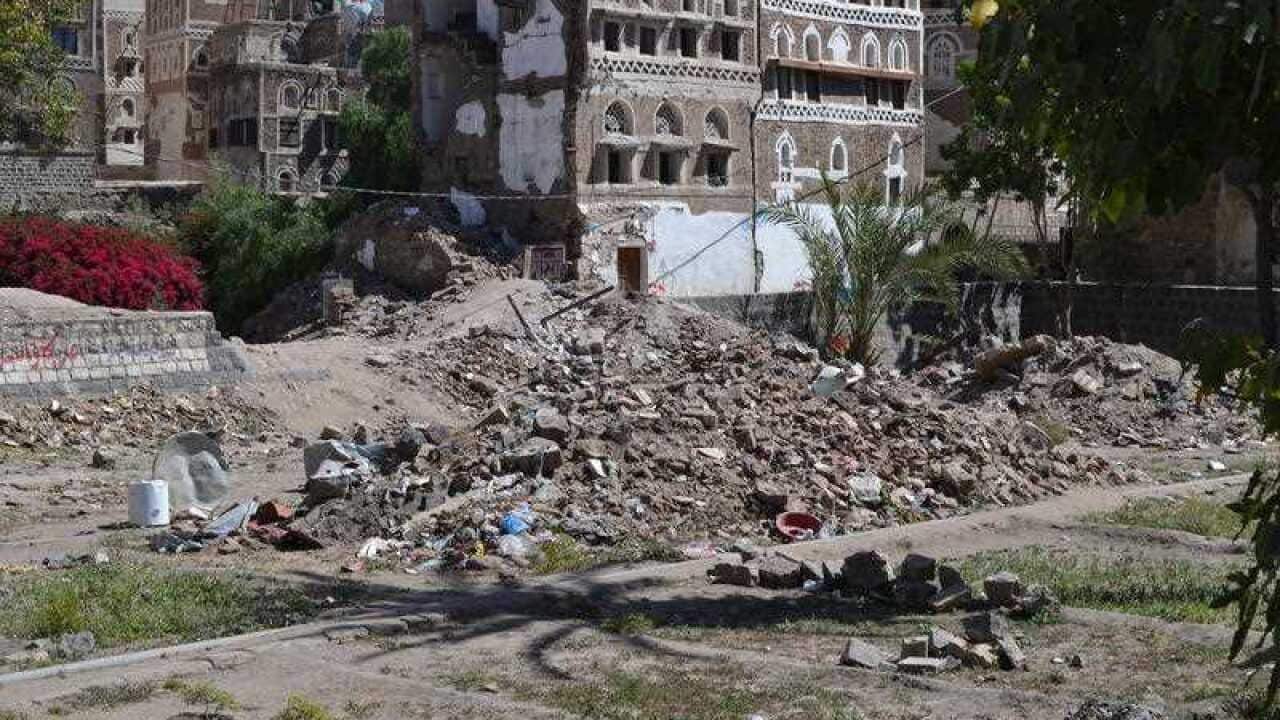Lying on a hospital bed after being hit with shrapnel, Fareed Shawky had one request.
"Don't bury me," he urged doctors as they worked to treat him from head injuries and internal bleeding caused by a missile attack from Houthi rebels.
Various parties have been fighting for control of Yemen since Houthi rebels seized the capital of Sana’a last year.
The plea is documented in a video, which contains distressing images, that has gone viral - notching up 132,000 views on Facebook.
Fareed succumbed to his injuries, dying a few days after the video was shot.
The story has prompted thousands of Yemenis to join calls on social media for an end to the conflict.
One social media user said Fareed’s story is analogous to that of the drowned Syrian toddler, Aylan, who was found washed up on a Turkish beach.
"Just like young Aylan [Kurdi's] death encapsulated the tragedy of the Syrian people, Fareed's plea not to be buried encapsulates the tragedy of the Yemeni people," the post read.
Another Yemeni social media user said Fareed’s poignant words drew attention to the 500 children who have died in Yemen’s war.
"'Don't bury me'… the little boy summed it all up. May there be mercy on Fareed's soul and all the other young ones who have died for no reason," the user posted.
The Yemeni photographer, Ahmed Basha, who shot the video said the Houthi’s missile had landed in a civilian area, striking a house with Fareed and four other children inside it.
He said Fareed had suffered the worst injuries.
"I was heartbroken over this young boy and so I published the video on a Facebook page I run, but it didn't get much attention," he told the BBC.
He said it is disappointing that it took Fareed’s death for his message to resonate.
"It's a shame that people couldn't care more when he was still alive... his words will stay with me."
More than 5,000 people – many of them civilians - have died since Saudi-led airstrikes began in March; and more than a million Yemenis have been forced to flee their homes.
Saudi Arabia have said the military operation aims to restore President Abd-Rabbu Mansour Hadi's government, while fending off what it describes as creeping Iranian influence.
Earlier this month, Amnesty International called on the international community to halt arms shipments to Saudi-led coalition forces, saying there was "damning evidence of war crimes".
Amnesty's report accuses the Saudi-led coalition of hitting civilian buildings instead of military targets with their airstrikes, particularly in the Houthi dominated enclave of Sa'da.
Share




